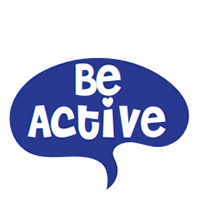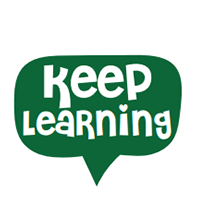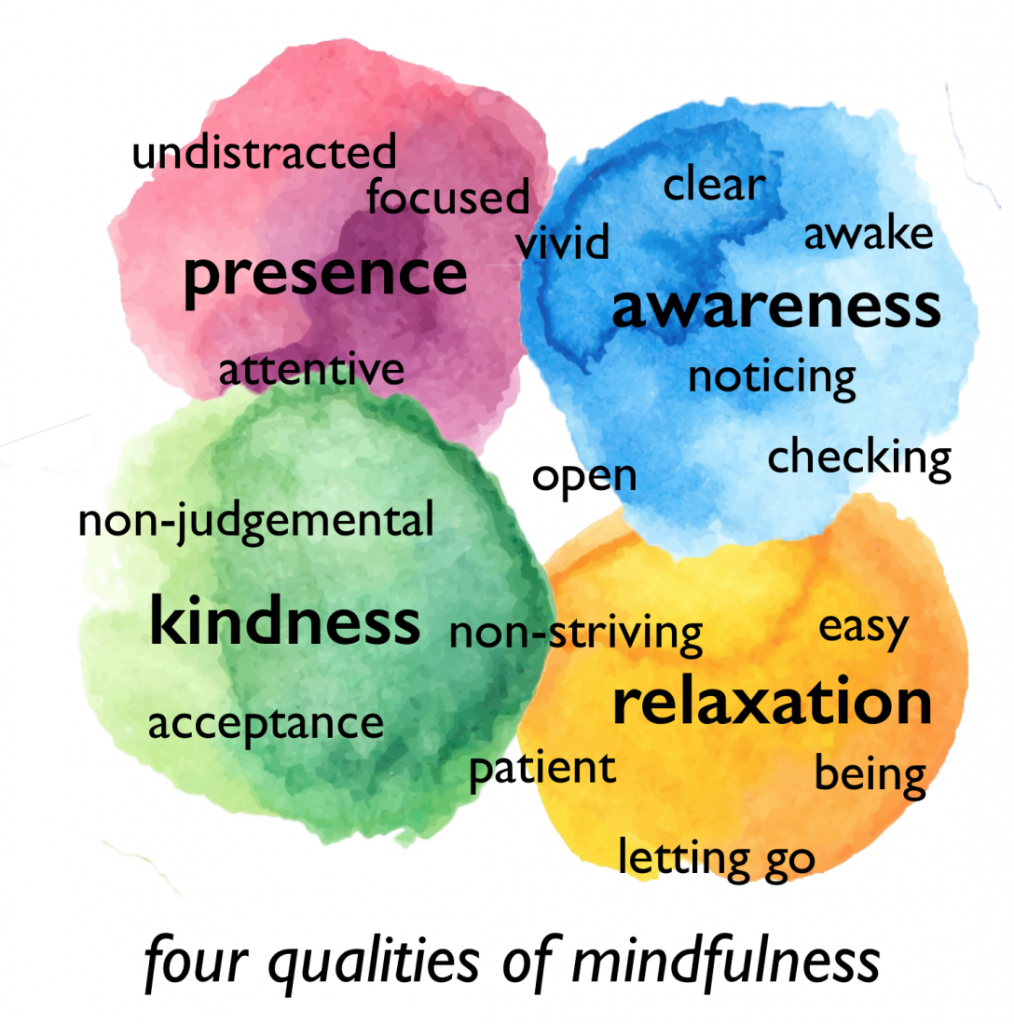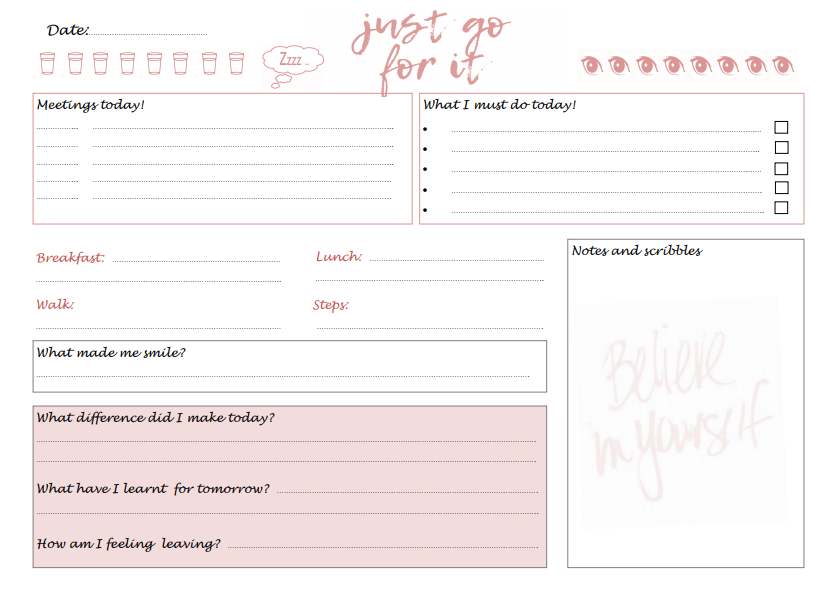Look After Yourself

The key things that contribute to our wellbeing can be digested down into the “Five Ways of Wellbeing”* echoing the fruit and veg ‘five a day’ message. The Marches School has already initiated this with their staff team and it is something we wanted to share across the Trust as it is aimed at helping individuals to understand and incorporate wellbeing into their everyday lives.
There is now a twitter page dedicated to teachers focusing on the five ways to wellbeing – #teacher5aday
* The Centre for Wellbeing at the National Economic Foundation Research 2011
 |
 |
 |
 |
 |
| Talk with someone in your family or group of friends and really listen to what he or she has to say. Perhaps ask about something that happened at work, at a club or perhaps how he or she is feeling today and why that is. | Do something active with your family or friends like going for a walk or playing a game that gets you moving. | Take a bit of time to notice things around you, perhaps have a mindful moment, notice what you can see, hear, smell, feel. Perhaps notice what the people around you are up to, how they are feeling or acting. | We’re learning new things all the time. See if you can find out about something new, or an interesting fact, perhaps learn a new skill. | Think of an opportunity to show kindness to someone else. Being kind to others actually makes you feel good so it’s a kindness for you as much as the person on the receiving end! |
A Diary Toolkit
Sharing a pledge can help you focus on yourself and your wellbeing- in your personal life and the workplace – particularly whilst being isolated from friends and family and remote working .
This link to a diary toolkit https://twitter.com/hashtag/diarytoolkit
will give you the opportunity to share ideas beyond our MAT and with a wider group of school colleagues.

Useful Work Planner
Kate Aspinall, ALL, has produced this useful Work Planner. She wanted something to focus her mind on and reflect on her day. Hope you also find this useful.
Benefits of Exercise
Exercise is the miracle cure we’ve always had, but for too long we’ve neglected to take our recommended dose. Research shows that physical activity can also boost self-esteem, mood, sleep quality and energy, as well as reducing your risk of stress, depression, dementia and Alzheimer’s disease.
“If exercise were a pill, it would be one of the most cost-effective drugs ever invented”
The NHS have many fitness studio exercise videos which you can find on the following links:
Aerobic Exercise
Strength and Resistance
Pilates and Yoga
Other Fitness Plans
Mindfulness
Mindfulness is one of the most effective ways to increase productivity, reduce stress, increase self-awareness, enhance emotional intelligence and reduce unhelpful emotional, cognitive, and behavioural processes – our overall wellbeing.
Mindfulness is essentially training our minds to pay attention in a particular way. It is the non-judgemental observation of the ongoing stream of information bombarding our brains.
The more we practice any of the exercises, which again can be done in a minute or two, the more likely we are to develop our ability to stay in the present moment, focus and cancel out some of that inner chatter that can create perceived threats for us.



